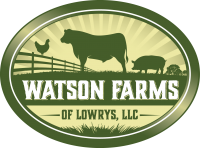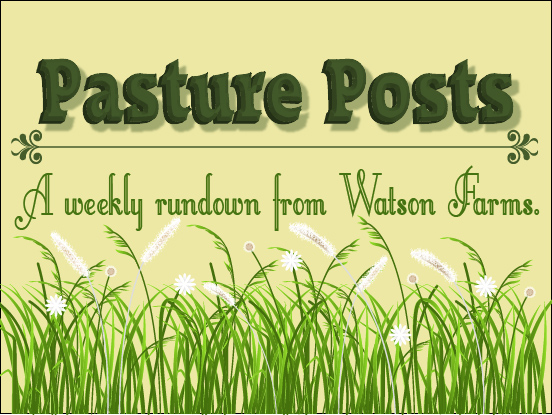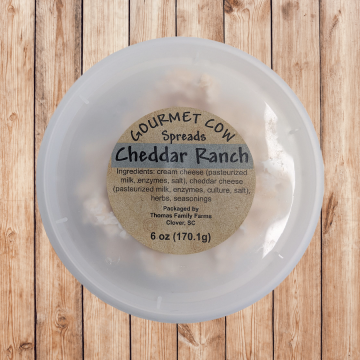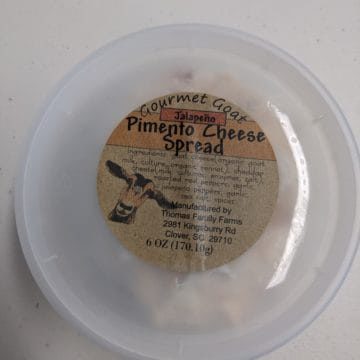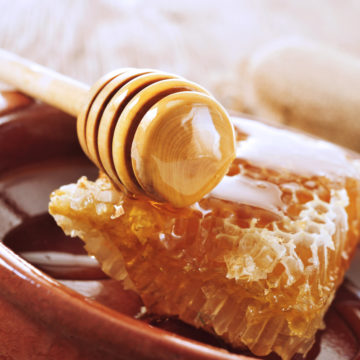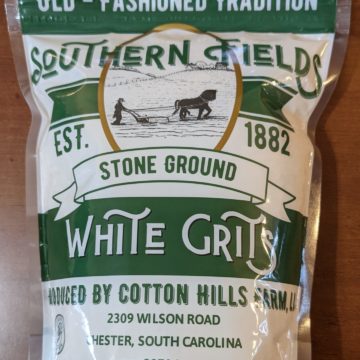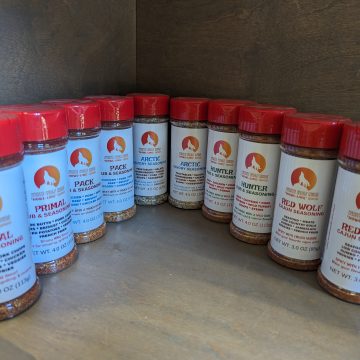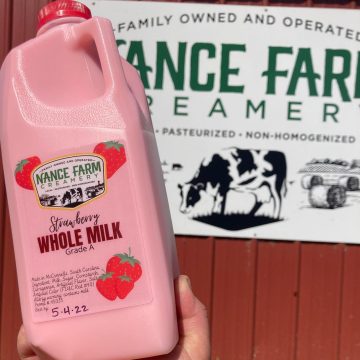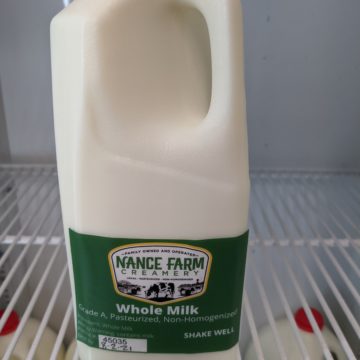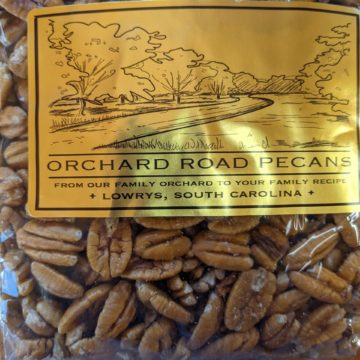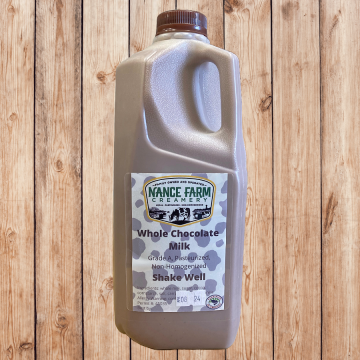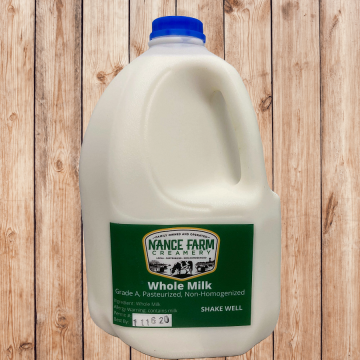Top 3 ways that Watson Farms is different than the average farm
I was asked this week about what makes our farm different from most other farms. This is many times what this whole effort of Pasture Posts deals with, so I thought it would be a good idea to try to list succinctly the top three things that we do differently than other farms in the U.S.
- Direct Marketing:
- According to The American Farm Bureau Federation only about 8% of farms market their products locally through direct-to-consumer channels.
- One reason for this low percentage is because direct market is definitely more difficult than the traditional models of hauling grain to an elevator or cattle to a sale barn. In those scenarios the farmer just has to get the farm product to one place instead of in the hands of hundreds of different customers. Of course he or she is then told what price will be paid for the product regardless of what it actually cost to produce it.
- These wholesale marketing channels are easy to access, but force farms to become larger and larger because of smaller and smaller margins.
- Many farmers – both direct marketers and conventional – subsidize their farm operations with outside income. This can be a great tool to get a farm started or to keep it running during lean times, but these subsidies should be viewed as temporary bridges to profitability. There’s no reason American farms should not be independent, vibrant, and flourishing businesses that are admired throughout the communities where they operate. Our vision is to accomplish this with the help of the hundreds of families that we view as partners in land healing. Look for more on this topic in a future edition.
- According to The American Farm Bureau Federation only about 8% of farms market their products locally through direct-to-consumer channels.
- Our animals move constantly.
- According to the USDA Economic Research Service, only about 22% of non-organic livestock producers use rotational grazing practices with their livestock.
- This is truly perplexing as it has a direct link to a more profitable farm like we mentioned above. When you rotate animals to fresh pasture on a regular basis, they gain more weight when compared to continuously grazed animals – especially cattle. Here’s an article that talks about why.
- Even among producers who do move their animals, some don’t move them as often as others. This is why it is important to know your farmer and to know details about their methods.
- According to the USDA Economic Research Service, only about 22% of non-organic livestock producers use rotational grazing practices with their livestock.
- Our animals don’t consume what their confinement counterparts do.
- Antibiotics for all types of livestock and hormones for cattle have become commonplace in industrial confinement systems. The animals have been bred to grow quickly and disease resistance has suffered. We know this first hand from the 20+ years that we were in the confinement turkey industry. Our turkeys were very susceptible to disease and they relied heavily on antibiotics to combat the myriad of diseases that they contracted year after year. There is a better way! Animals on pasture in an environment that mimics their natural one do not need to be propped up with medications.
- Our cattle eat grass-only. The rumen is a wonderful feature that allows an animal to convert forage to energy which in turn produces nutrient-dense meat. To put it another way, ruminants are walking fermentation tanks that use solar energy captured by plants to produce meat. We feel it is a great mistake to instead feed these beautiful animals grain which acidifies their rumen and allows e-coli bacteria to form more readily, which leads to more recalls like the one this past week.
- The health benefits from animals raised on pasture are numerous. From high omega 3’s and other healthy fats to higher conjugated linoleic acid which can help fight cancer and diabetes, meat from pastured animals has tons of benefits. Check out this book for more information.
This is definitely not an exhaustive list of all the differences between our farm and its industrial counterparts, but I hope it refreshes your understanding of the top reasons that you choose to support pasture-based farming. We definitely appreciate that choice!
Organic Produce Box!
Our partner, Wild Hope Farm, who grows the excellent produce for our Produce Boxes are busy gearing up for their fall vegetable production. The next boxes won’t be available until August 25. You may go ahead and reserve your box, but understand it won’t be available for a while.
These boxes so far have not been available for our Charleston and Columbia customers due to workflow and logistical limitations. But we are working to change this. So if you are on our Charleston or Columbia route on Tuesdays and would likely purchase a produce box, please send us an email and let us know that you’re interested. This should let us gauge the volume that we might expect, and allow us to continue working on the logistics of getting fresh organic produce to all our customers.
Upcoming Tour
If you’re interested in seeing firsthand some of those differences that we discussed above then we have the perfect opportunity to do so!
We have another tour scheduled for Saturday, August 28 at 10am. Make plans now to bring the family! The hayride will be covered with a tarp to provide some shade as we take a ride through the pastures. Slots are limited so go ahead and reserve your spot! Kids 5 and under are free. Herd Members and their immediate family also receive one free tour per year!
Product Spotlight
We wanted to take the opportunity to showcase some of our partner producers’ products today. We have expanded our dairy lineup with cheeses from Thomas Family Farms! We also have local honey from T&M Farms, seasoning from White Wolf Rubs, grits and cornmeal from Cotton Hills Farm, pecans from Orchard Road and milk from Nance Farm Creamery.
All of these products can, of course, be delivered with your meats and eggs when we deliver to you next!
Referral Program
If you enjoy our products please consider passing the word along to your neighbors, friends and family! We don’t spend a lot of money of advertising but rather depend on customers like yourself to advertise for us if they are amazed by our products and customer service.
All you have to do is refer someone to us and when they place an order for the first time they will get a link to a form where they can say who referred them. You and the new customer will receive a $15 credit! So make sure they tell us your name. Hit the button for more info!
Order Deadlines
Charleston: 12 noon Mondays
GSP: 12 noon on Wednesdays
Charlotte/Rock Hill: 12 noon Fridays
Farm Pickup: Please wait until you receive an email stating that your order is ready to be picked up (usually 1 business day from when you place your order). Farm Pickups will now be done during our store hours:
- Monday, Tuesday, Thursday, Friday: 10am to 6pm
- Saturday: 10am to 2pm
- Closed Sunday and Wednesday
Did you know that we have a webpage that displays all the reviews we have received?
Check it out!
Check out this ⭐⭐⭐⭐⭐ review:
“Watson Farms has been wonderful to work with. We have enjoyed cubed steak, hamburgers and a standing rib roast so far. All of them were great quality!”
We would greatly appreciate it if you would be kind enough to leave us a review. It helps first-time customers purchase with confidence.
Thanks again for being partners in this endeavor of local, pasture-raised proteins that has truly transformed our farm. We look forward to continuing this transition while serving you long into the future.
Sincerely,
The Watsons
Pasture Posts is written by Matt Watson.
